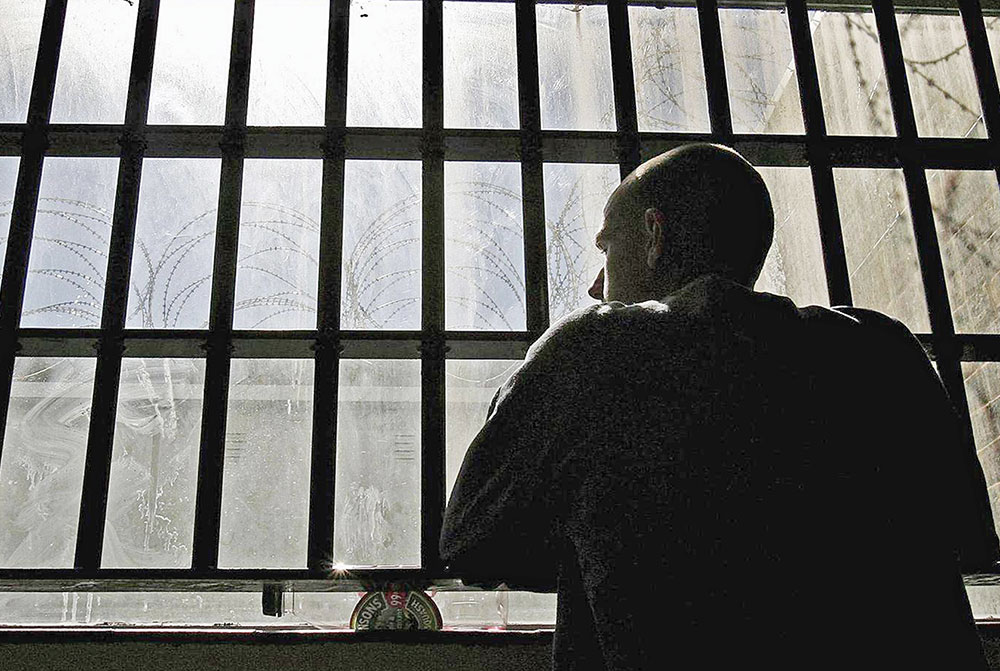ASIA’S ACQUITTAL WELCOMED IN UK
- 10 Nov - 16 Nov, 2018
The UK has witnessed an alarming surge in the number of Muslims being jailed for drug offences with a jump of 63 per cent over the past seven years. In terms of actual numbers, that means that while there were 2089 Muslims incarcerated in the UK in 2010, by 2017 the number had gone up to 3406. Over the same period, the number of non-Muslims in prison for drug offences has declined by ten per cent. More than 25 per cent of all Muslims in jail are behind bars for drug offences while among non-Muslim communities, almost half (13 per cent) are behind bars for drug offences.

Dr Mohammed Qasim, a criminologist who has spent more than a decade researching crime in Muslim communities says this is due to a ‘broken justice system and a gang problem that is rapidly getting worse’. He blamed the government for having no real understanding of the problem and experts have chimed in saying that more needs to be done to integrate young Muslims from deprived areas into mainstream British society.
Most of these Muslim prisoners come from very deprived societies. In fact, it is not just drug offences that attract such a high number of Muslims. For while Muslims make up somewhere around five per cent of the population of Britain, their representation in the prison population is 15.4 per cent, more than three times what it should be on a proportionate basis.
With those sorts of figures, are we really to be surprised if police look on Muslims with suspicion, if Muslims attract more police attention than others, and if Muslims get tougher sentences than others?
Part of the answer must be that Britain’s Muslim population is younger than the national average and many families live in poor areas of the country with limited job opportunities. In 2015, an analysis of census data showed that 46 per cent of Muslims live in the ten per cent of local authorities that may be dubbed as being most deprived.
Drug cases do not attract a great deal of attention but cases of running underage sex rings is seen as something particularly abhorrent and in this again, regrettably, many Muslims have been known to be involved, much in excess of their proportionate number in the population. A few days ago there was a particularly distasteful story when an allegedly paedophile grandfather was accused of running a ‘Rape House’, selling girls for as much as £2000 a night. He was a Muslim and said to be a practising one at that.
While the theory that part of the reason for drug offences may be the fact that the Muslim community is one of the most impoverished, the other offence does not bear any such explanation. For that matter, Muslims are not the only ones to live in deprived areas of the country and the community must examine itself more seriously if it is to come up with answers that may make a difference. This is one of those areas where the demand to ‘do more’ sounds reasonable.
The truth of the matter seems to be a lack of moral moorings and a desire to get rich quick, knowing full well that a prison sentence is not one that puts one to great hardship – a prison recently constructed in Holland looked more like a five-star hotel than a prison - and that on return to their society, they will, in all probability, not receive any great censure from that society. In fact, that is not just a feature of Muslim society, but British society as a whole. I remember one train journey when a young lad was chatting up a young lady by saying that he had recently been released from prison after serving his term and the young lady was greatly impressed with this piece of information. The relationship was progressing by leaps and bounds by the time I left the train, which could not have been more than all of 20 minutes. The young and immature sometimes see a prison sentence as a badge of honour gained in defiance of authority.
It is often said that Muslims are the least integrated into mainstream society in the UK and it is difficult to argue with that. This in spite of the fact that most of these young men we are talking about here are perhaps third or fourth or even fifth generation immigrants, who speak English as their first language rather than Urdu or Punjabi, who know England much better than they know the country from which they have migrated to the UK. Most of them leave school at 16 and from then on, their contact with the mainstream community decreases. In some part, this is due also to the fact that their forefathers, who were the first migrants to the UK, came from the least educated sections of Pakistani and Azad Kashmiri society and that education, as a part of their value system, is yet to catch on. One way or another, it is a very worrying situation and one which should not wait for government initiatives for a solution. •
COMMENTS